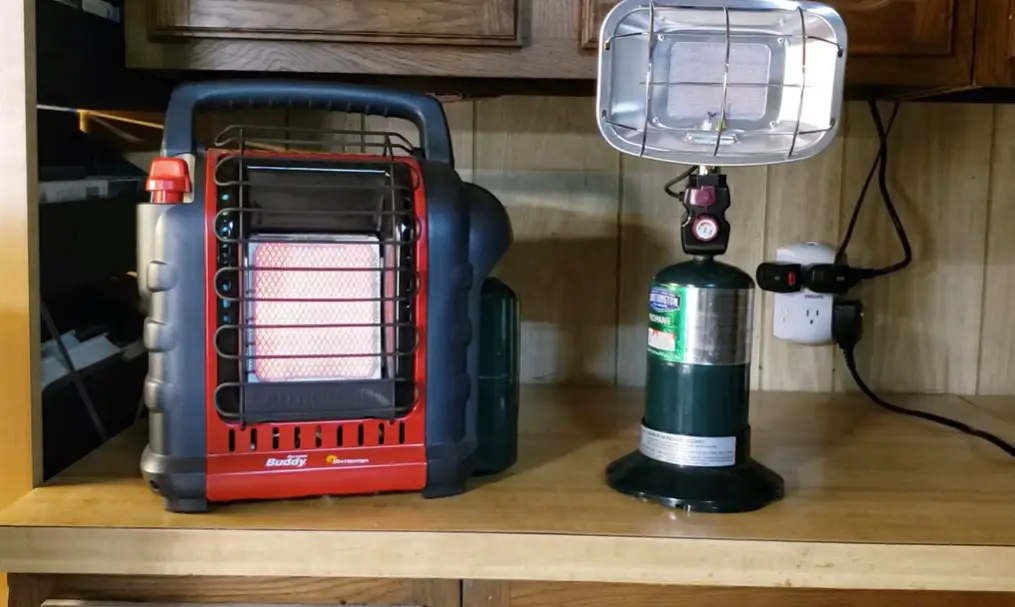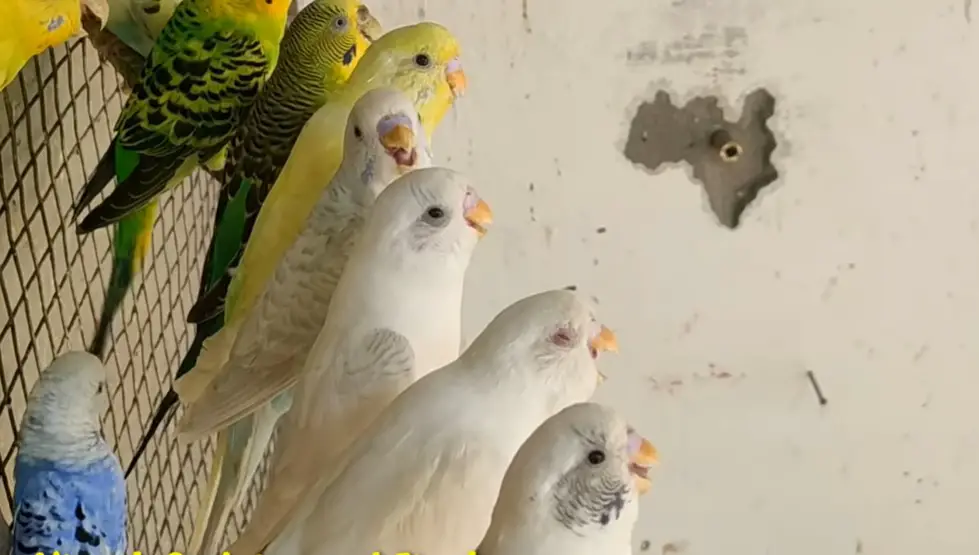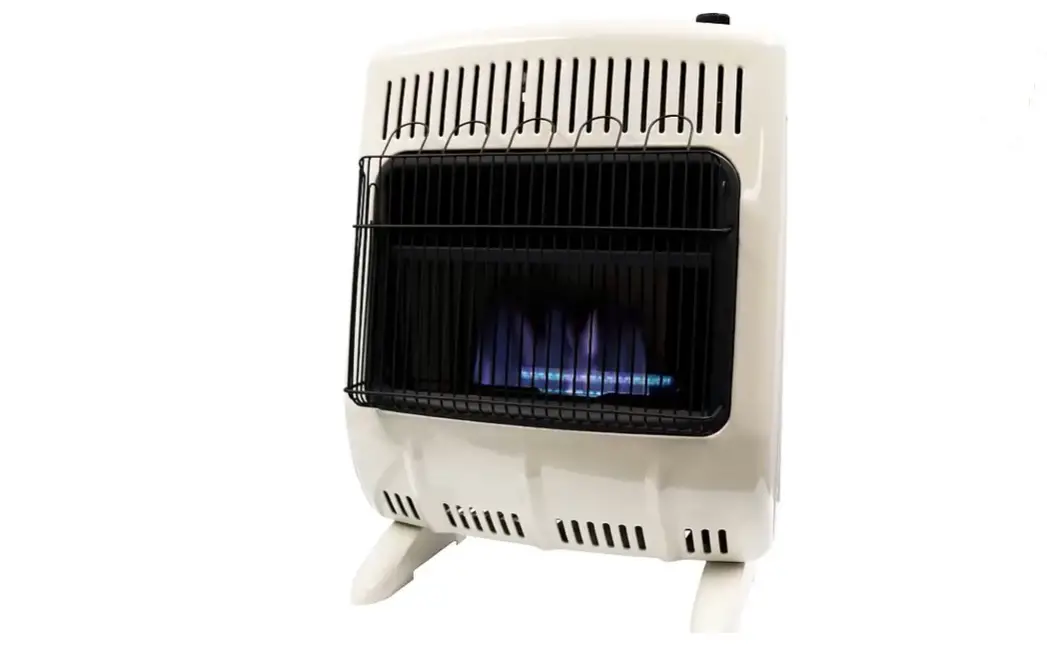Is propane heat safe for birds?
Propane heat, when used properly, is generally considered safe for birds. However, there are some important considerations to keep in mind when using propane heaters or other heating devices around birds.
One of the primary concerns with propane heat is the potential for carbon monoxide (CO) poisoning. Propane heaters can produce carbon monoxide if they are not properly vented or if they malfunction.
Carbon monoxide is a colorless, odorless gas that can be lethal to both humans and birds. Therefore, it is important to ensure that any propane heating devices are properly installed and vented, and that they are regularly maintained to prevent malfunctions or leaks.

How does propane heat work?
Propane heat works by burning propane gas to produce heat. Propane gas is stored in a tank and delivered to the heater through a pipe or tubing. Inside the heater, the propane is mixed with air and ignited by a pilot light or electric spark, producing a flame. This flame heats a heat exchanger, which in turn heats the air that is blown through the heater and into the room.
Propane heat is often used as a primary heat source in homes that are not connected to a natural gas pipeline, as well as in commercial and industrial settings. It is also commonly used for outdoor heating, such as for patio heaters or portable heaters for camping or outdoor events.
Can birds be around propane heaters?
Birds should not be around propane hearts without any supervision. There is a potential chance for burns or other injuries from the heating device itself. Propane heaters can become very hot, and birds may accidentally fly into or touch the heater, causing injury or burns. Therefore, it is important to keep the heater out of reach of birds and to ensure that it is stable and secure.
Is propane harmful to birds?
Propane gas itself is not necessarily harmful to birds. But excess amounts of propane gas may create suffocation to birds.
How hot is too hot for a pet bird?
The ideal temperature for most pet birds is between 65-80 degrees Fahrenheit (18-27 degrees Celsius). However, different species of birds have different temperature preferences.
Temperatures that are too hot can be harmful to birds, and can cause them to become stressed, overheated, or dehydrated. In general, temperatures above 90 degrees Fahrenheit (32 degrees Celsius) can be dangerous for pet birds, and should be avoided if possible.
Signs that your bird may be too hot include panting, holding their wings away from their body, and a rapid heart rate. If you notice any of these signs, it is important to take immediate action to cool your bird down. You can do this by providing access to fresh, cool water, misting your bird with cool water, or moving them to a cooler area of the house.

It’s important to note that birds are sensitive to temperature changes, and sudden drops or increases in temperature can be stressful for them. Therefore, it’s important to provide a consistent and comfortable temperature for your bird, and to monitor the temperature regularly to ensure that it stays within a safe range.
In summary, temperatures above 90 degrees Fahrenheit can be harmful to pet birds, and it’s important to monitor your bird for signs of overheating and take action if necessary. It’s also important to research the specific temperature needs of your bird’s species, and to provide a consistent and comfortable temperature for your bird.
What kind of heaters are safe for birds?
- Ceramic heaters: These heaters use ceramic elements to provide heat and are generally considered safe for birds because they don’t produce fumes or emit harmful gasses.
- Infrared heaters: These heaters emit heat through radiation, which warms objects and surfaces rather than the air. They are generally considered safe for birds because they don’t produce fumes or emit harmful gasses.
- Oil-filled radiators: These heaters use heated oil to provide warmth, and are generally considered safe for birds because they don’t produce fumes or emit harmful gasses.
- Electric space heaters: These heaters use electricity to produce heat and are generally considered safe for birds, as long as they are used properly and do not emit harmful fumes or gasses.
When using any type of heater around birds, it is important to ensure that the heater is properly installed and maintained, and that the bird is not able to come into contact with the heater. It is also important to monitor the temperature and adjust the heater as needed to ensure that the bird is comfortable and safe.
Ensure adequate ventilation and fresh air circulation to prevent the buildup of harmful fumes or gasses. If you have any concerns about using a heater around birds, it is always best to consult with a qualified expert for guidance and advice.
Consider the bird’s overall comfort and well-being when using any type of heating device. Birds are sensitive to temperature changes and may become stressed or uncomfortable if the temperature is too hot or too cold. It is important to monitor the temperature and adjust the heating device as needed to ensure that the bird is comfortable and safe.
In summary, propane heat can be safe for birds when used properly, but it is important to take appropriate precautions to prevent carbon monoxide poisoning, burns or injuries, and to ensure the bird’s comfort and well-being. It is always best to consult with a qualified expert if you have any questions or concerns about using propane heat around birds.
